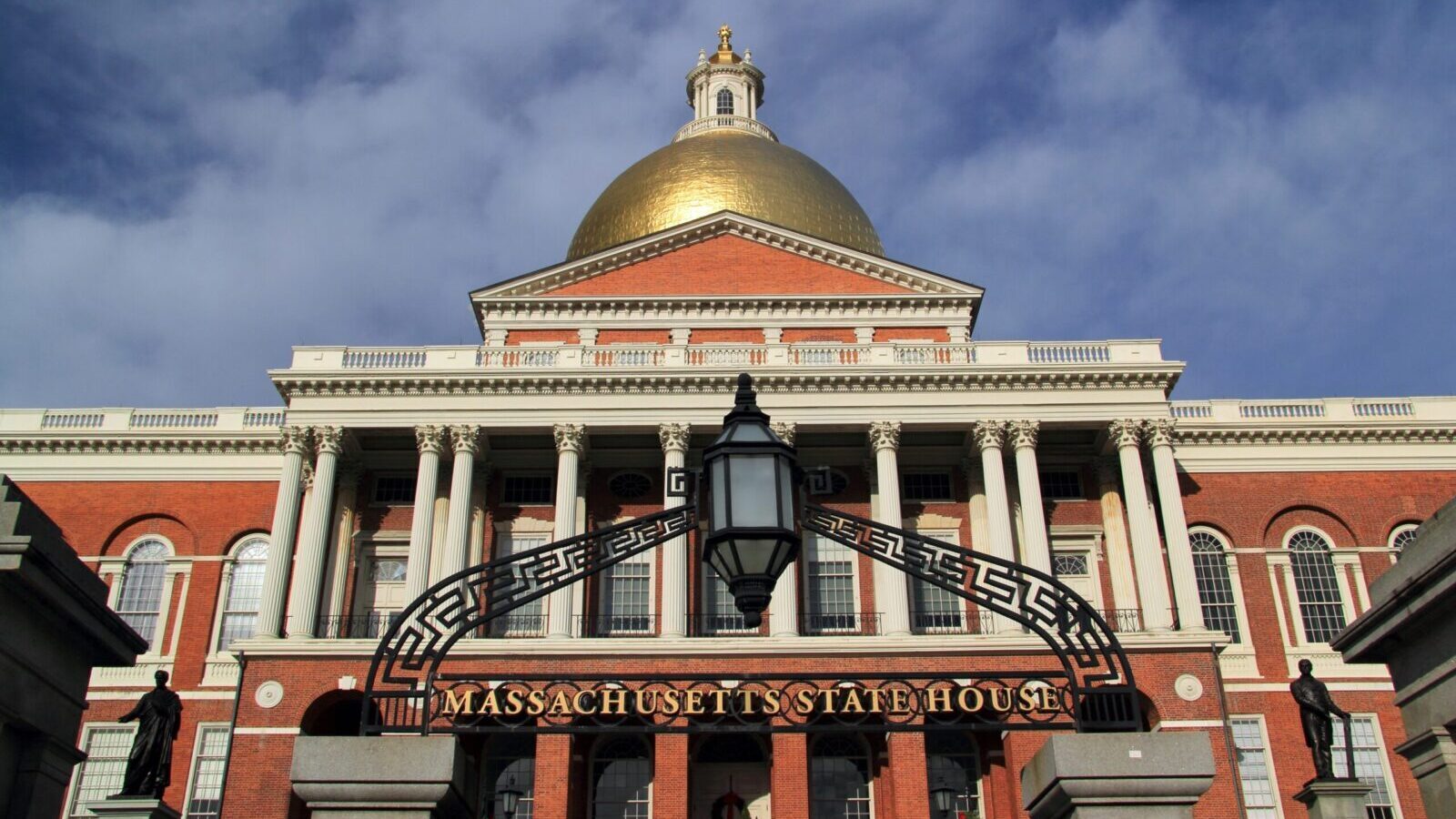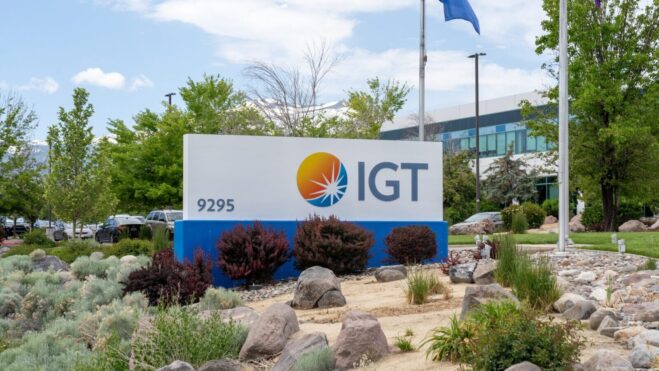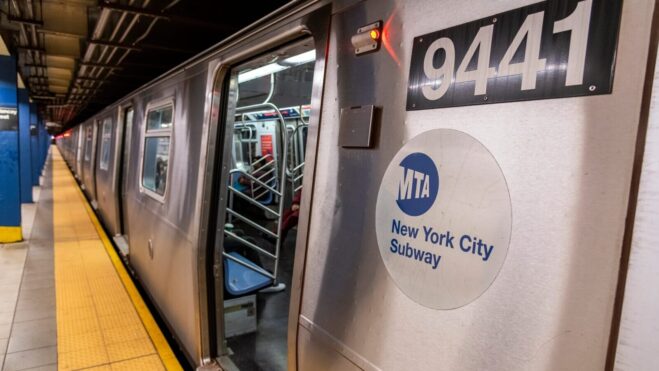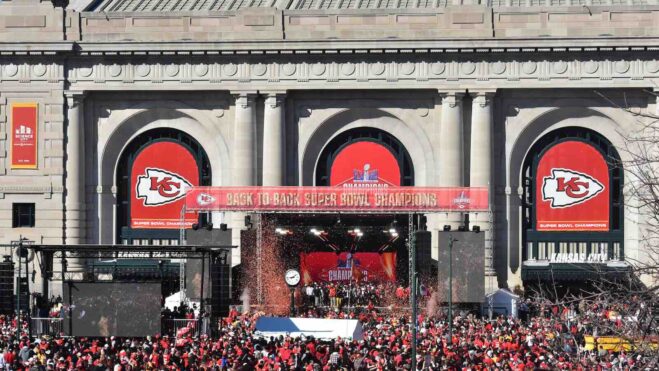Massachusetts Bill Seeks To Make Drastic Changes To Sports Betting Law
Bill calls for affordability checks for sports bettors, raising tax rate from 20% to 51%
1 min

A bill filed by Massachusetts state Sen. John Keenan proposes drastic changes to sports betting in the Bay State, most notably the creation of affordability checks for bettors.
SD 1567 has the backing of the Public Health Advocacy Institute, which also is the driving force behind the SAFE Bet Act at the federal level. Bettors would be limited to placing wagers of no “more than $1,000 per day or $10,000 per month” without an affordability check. Bettors who have an affordability check performed would have their wagers limited to 15% of their bank account.
Affordability checks were first presented to the betting public in the United Kingdom’s gambling white paper in April 2023. Their implementation there has sparked contentious debate between proponents of responsible gaming and those who feel affordability checks are an invasion of privacy.
Keenan’s bill calls to raise the state tax rates on operator revenue to 51%, which would match New York as highest in the nation. Massachusetts currently taxes retail sports betting revenue at 15% and mobile revenue at 20%, but both Ohio and Illinois revised their rates higher compared to the rates at the time of their respective launches.
Massachusetts generated $118.7 million in sports betting tax revenue through the first 11 months of 2024, and $212.6 million since launch Jan. 31, 2023.
Other key components of Keenan’s bill
SD1657 also seeks to end both in-play wagering and prop bets. NCAA President and former Massachusetts Gov. Charlie Baker has had success in lobbying some states to remove prop bets for college athletes, including Ohio and Louisiana. Additionally, Keenan’s bill would ban “advertising related to sports wagering during a televised sporting event.”
Another key component of the bill is the proposal to add same-game parlays, bonuses, odds boosts, and “reload” bonuses to the list of what are called “unfair and deceptive practices.” Though the Massachusetts Gaming Commission does not break out handle and revenue by sport category in its monthly reports, it is accepted that sportsbooks make a significant amount of revenue — sometimes more than 50% of monthly revenue based on event outcomes — via parlays and SGPs.
The bill would also compel operators to track and collect customer multiple points of betting data that would be presented to a non-profit entity contracted by the MGC. That non-profit would make that data available to qualified researchers to present analyses “that improve understanding of how gambling addiction develops and progresses; (ii) develop evidence-based harm minimization strategies; and (iii) develop evidence-based systems to monitor, detect and intervene in high-risk gambling.”
A second bill to ban wagering on elections
State Sen. Jacob Oliviera filed SD 2428, which proposes banning wagering on political elections and outcomes. A similar bill has been filed in the lower house in Indiana as states ponder the legality of such markets following the popularity of wagering on prediction markets for the 2024 presidential election.
A bill was filed at the federal level last month to ban wagering on U.S. elections.






